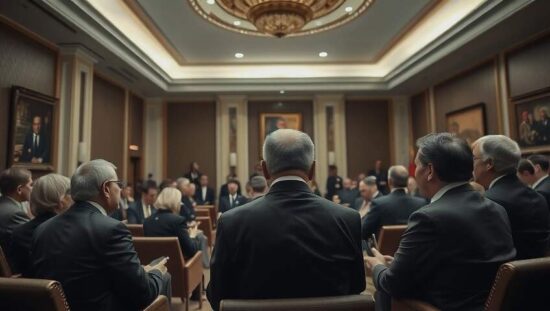A rift is emerging within Germany’s governing coalition over the nation’s stance on financing nuclear power projects in developing countries, specifically in Africa. Development Minister Reem Alabali-Radovan (SPD) recently announced the German government would abstain from supporting such ventures through institutions like the World Bank and international development banks, a decision drawing sharp criticism from within the ruling alliance.
Wolfgang Stefinger (CSU), Chairman of the Bundestag Committee for Economic Cooperation and Development, expressed considerable surprise at the Minister’s position, emphasizing the stark realities facing the African continent. He highlighted the fact that 626 million Africans currently lack access to electricity, a number projected to rise to 657 million by 2030. Stefinger argued that achieving the United Nations’ sustainability goals necessitates a broad energy mix in Africa, potentially including nuclear power.
The controversy stems from a parliamentary inquiry by the Greens party, prompting the Federal Ministry for Economic Cooperation and Development (BMZ) to formally declare its intention to vote against nuclear power project funding within the World Bank’s and other development banks’ decision-making bodies. This stance is particularly noteworthy given the World Bank’s recent decision this summer to reinstate support for nuclear energy initiatives.
The BMZ maintains that the German government’s influence will be exerted through representations within the banks’ executive directorates and diplomatic dialogue with management, justifying its opposition based on the perceived lack of economic viability of nuclear energy.
Stefinger strongly criticized the BMZ’s declared policy, asserting that while Germany’s commitment to promoting renewable energy sources in Africa remains unquestioned, the decision to disregard the expressed needs of African nations regarding energy solutions is problematic. He stressed the vital role of energy provision in fostering prosperity, security and curbing migration.
The CSU politician also leveled criticism at the Greens’ parliamentary inquiry, accusing them of deploying accusations of colonialism and neocolonialism to indirectly dictate energy policies for African countries, raising questions about the legitimacy of imposing external agendas onto sovereign nations grappling with pressing development challenges. The dispute underscores deeper ideological tensions within the German government on issues of international development and the scope of Germany’s role in shaping global energy transitions.





